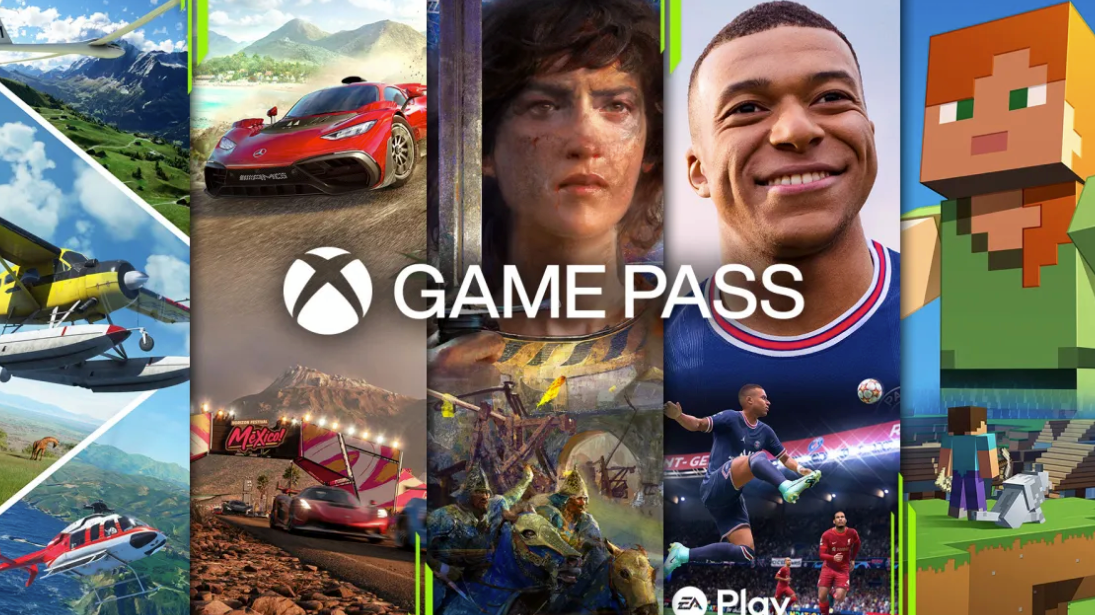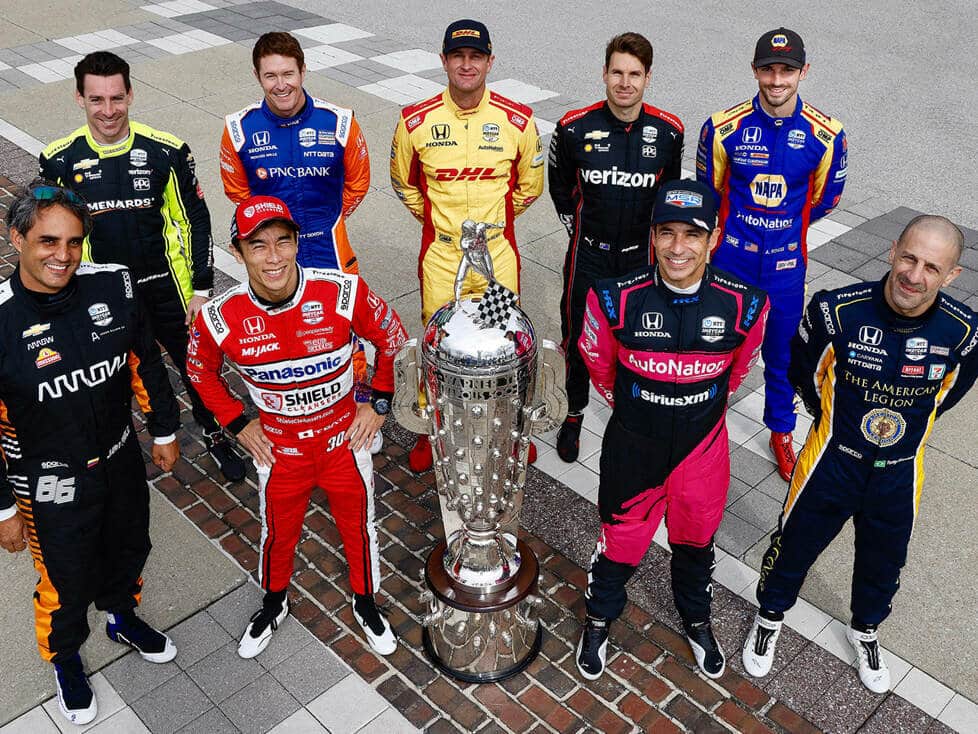Activision Blizzard Deal Faces FTC Appeal: Future Uncertain

Table of Contents
The FTC's Case Against the Activision Blizzard Merger
The FTC's core argument against the Microsoft-Activision Blizzard merger centers on competition concerns, primarily focusing on the immensely popular Call of Duty franchise. The commission argues that the acquisition would give Microsoft an unfair advantage, stifling competition and harming consumers.
- Reduced competition in the console gaming market: The FTC contends that Microsoft, by acquiring Activision Blizzard, would gain control over a significant portion of the console gaming market, potentially leading to reduced competition and higher prices for gamers. This is particularly relevant given the strong performance of Xbox consoles and the dominance of Call of Duty in the first-person shooter (FPS) genre.
- Potential for anti-competitive pricing strategies: The FTC fears that Microsoft could leverage its ownership of Activision Blizzard to implement anti-competitive pricing strategies, either raising prices for Call of Duty or making it exclusive to Xbox consoles, thus disadvantaging competitors like Sony's PlayStation.
- Exclusion of rival gaming platforms: A key concern is the potential for Microsoft to make Call of Duty and other Activision Blizzard titles exclusive to its Xbox ecosystem, effectively excluding rival gaming platforms like PlayStation and potentially harming the Nintendo Switch's market share. This would severely impact the choice available to consumers.
- Loss of innovation due to reduced competition: The FTC argues that a lack of competition resulting from the merger could stifle innovation within the gaming industry, limiting the development of new and exciting games for consumers.
The FTC's legal strategy relies on presenting evidence demonstrating the potential anti-competitive effects of the merger, including internal Microsoft documents and expert testimony from economists and industry analysts. Key figures involved include FTC Chair Lina Khan and other members of the commission, who are actively pursuing the appeal.
Microsoft's Defense and Proposed Solutions
Microsoft vehemently denies the FTC's accusations, arguing that the merger will ultimately benefit consumers by fostering innovation and expanding access to games. Microsoft has offered several concessions to address the FTC's concerns.
- Arguments against the FTC's claims of reduced competition: Microsoft argues that the gaming market is dynamic and competitive, with numerous players vying for market share. They claim that their acquisition of Activision Blizzard will not substantially lessen competition.
- Details of proposed remedies to address FTC concerns: Crucially, Microsoft has offered a ten-year licensing agreement for Call of Duty to ensure its continued availability on competing platforms like PlayStation. This is a major attempt to alleviate FTC concerns about exclusivity.
- Microsoft's investment in the gaming industry and its commitment to competition: Microsoft emphasizes its significant investments in the gaming industry and its commitment to fair competition, arguing that the acquisition will allow them to bring more games to more people.
The effectiveness of Microsoft's defense hinges on convincing the courts that their proposed remedies adequately address the FTC's competition concerns. The success of this strategy remains uncertain, with the outcome depending on the court's interpretation of the evidence.
The Potential Impact on the Gaming Industry
The outcome of the FTC appeal will have far-reaching implications for the gaming industry.
- Potential changes in game pricing and availability: Depending on the outcome, we could see changes in the pricing and availability of major game titles, potentially impacting consumer spending and market access.
- Impact on innovation and competition in game development: The decision could significantly influence innovation and competition within the game development sector, affecting the types of games produced and the overall creative landscape.
- Influence on future mergers and acquisitions in the gaming sector: The precedent set by this case will likely impact future mergers and acquisitions in the gaming industry, influencing the regulatory scrutiny of similar deals.
- Shifting power dynamics within the gaming industry: The outcome will inevitably shift power dynamics within the industry, potentially solidifying the position of certain players while weakening others.
This decision could set a crucial precedent for future antitrust cases, not only within the gaming sector but also across the broader tech industry, influencing how regulators approach mega-mergers in other sectors.
International Regulatory Scrutiny
The FTC appeal is not the only regulatory hurdle facing the Microsoft-Activision Blizzard merger. The UK's Competition and Markets Authority (CMA) initially blocked the deal, though this decision was later overturned. The European Union is also conducting its own review. These differing approaches and outcomes highlight the global complexities of regulating such significant mergers and the potential for divergent regulatory decisions. The global implications of the FTC appeal are considerable, as a negative decision in the US could trigger similar actions or increased scrutiny in other countries.
Conclusion
The FTC's appeal against the Microsoft-Activision Blizzard merger presents a complex legal battle with significant ramifications for the gaming industry. Both sides have presented compelling arguments, with Microsoft attempting to alleviate concerns through concessions while the FTC remains steadfast in its focus on competition. The future of the deal remains uncertain, with possible outcomes including approval, rejection, or a modified deal subject to specific conditions. The potential impact on game pricing, innovation, and the overall competitive landscape is substantial. Stay informed about developments in the ongoing Activision Blizzard FTC appeal. Follow this blog for updates and analysis on the future of this landmark merger case. Further research into the Activision Blizzard deal and its implications is highly recommended for anyone interested in the future of the gaming industry and antitrust regulation.

Featured Posts
-
 Exploring Montego Bay A Comprehensive Guide
May 11, 2025
Exploring Montego Bay A Comprehensive Guide
May 11, 2025 -
 Foxs Indy Car Documentary A May 18th Premiere
May 11, 2025
Foxs Indy Car Documentary A May 18th Premiere
May 11, 2025 -
 City Name Your Guide To Michigans Premier College Town
May 11, 2025
City Name Your Guide To Michigans Premier College Town
May 11, 2025 -
 Assessing The Injuries Chicago Bulls And New York Knicks Matchup
May 11, 2025
Assessing The Injuries Chicago Bulls And New York Knicks Matchup
May 11, 2025 -
 Comprehensive Senior Calendar Trips Events And Activities
May 11, 2025
Comprehensive Senior Calendar Trips Events And Activities
May 11, 2025
